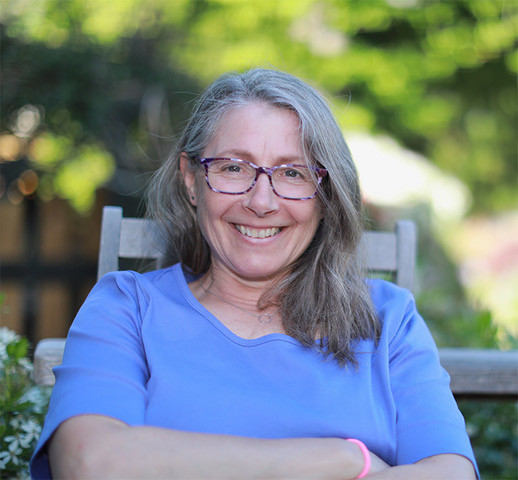Bringing catalysis to the p-block: a mechanism-driven approach
Presented by Prof. Lisa Rosenberg
Hosted by Prof. Jack Norton
Abstract:
Main group synthetic targets have undeniable utility but their synthesis is undeniably wasteful. Catalytic alternatives to traditional salt elimination chemistries will be essential to the development of sustainable routes to important main group chemicals and bring the promise of previously unattainable selectivity. We develop catalytic methods for the synthesis of main group molecules, by focusing on processes that exploit atom-economic element-H bond (E-H) activation to construct new E-E, E-C or other E-E´ bonds. We use stoichiometric control reactions and physical organic chemistry tools to carefully delineate the productive and non-productive steps associated with catalytic cycles; this mechanistic understanding underlies our novel and detailed insights that push the boundaries of what is possible in the catalysis of main group chemistry.
This presentation will describe our current focus on metal-catalyzed hydrophosphination of unsaturated substrates, which has received increasing attention as an atom-economic and potentially selective route to the synthesis of organophosphorus molecules and materials. As is usual for “new” catalytic processes, the discovery of diverse catalyst systems active for hydrophosphination has outpaced deeper mechanistic understanding.
We have shown that a series of half-sandwich catalyst systems all participate in an outer-sphere mechanism that relies on the conjugate addition of a nucleophilic metal phosphido intermediate (M- PR 2 ) at activated alkenes. We gathered unprecedented evidence for this apparently general mechanism, which allowed us to deliberately change the turnover-limiting step from one catalyst to another and address issues of low activity and limited phosphine substrate scope.
Building on these insights, we are now pursuing an entirely new, electrophilic mechanism for hydrophosphination that involves cationic metal phosphenium intermediates (M-PR 2 + ). Such umpolung will bring complementarity and greatly expand the scope of both alkenes and phosphines able to participate in this important P-C bond-forming reaction.
Bio:
Lisa grew up on Canada’s east coast and obtained her B.Sc. (Hons.) from Memorial University of Newfoundland, where she carried out research in the group of Laurie Thompson. She obtained her Ph.D. from UBC under the supervision of Mike Fryzuk, then held two postdoctoral positions at the LCC du CNRS in Toulouse, France (Jean-Jacques Brunet, Denis Neibecker) and at the University of Iowa in the USA (Rich Jordan). She began her independent career at the University of Manitoba in Winnipeg, then moved to the University of Victoria in British Columbia, where she is now Professor. When not being a chemist, she gardens, runs, walks, makes music, and hangs with two cats and a spouse.
Learn more about the Rosenberg Group here!

